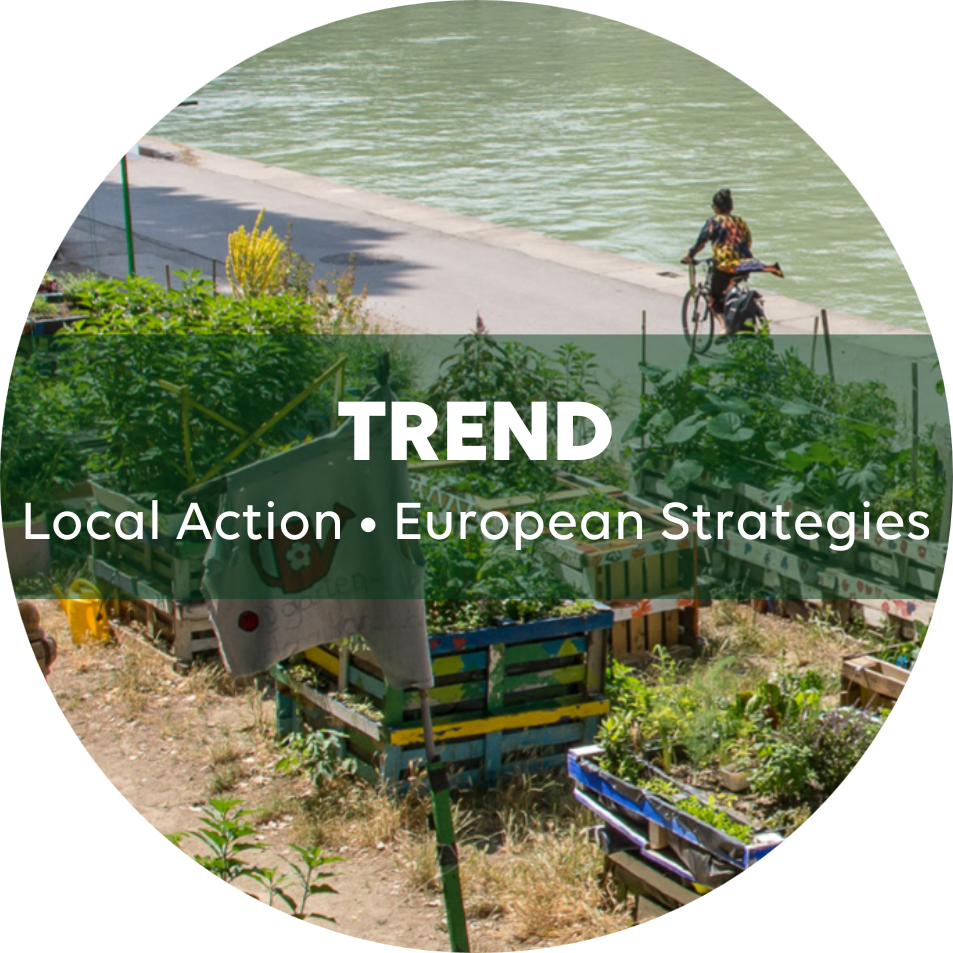Local Action • European Regions Illustrate the Central Role of Local and Subnational Governments in a Just Transition Towards a Low-carbon Economy
Regional and local governments around the world are subject to the same general trend as other non-state actors: acting to mitigate climate change is ever more urgent, as is the need to anticipate and adapt to its increasingly visible impacts. Caught between dictates, local authorities are innovating.

European Regions Illustrate the Central Role of Local and Subnational Governments in a Just Transition Towards a Low-carbon Economy
Despite a negative impact on their finances, the pandemic has not stopped local and regional governments from pursuing their action on climate. However, it may have triggered a slight change: efforts to decrease greenhouse gas emissions increasingly try to integrate the long term and secure the necessary funding, and perhaps pay more attention to vulnerable people to leave no one behind.
European regions are no exception : while the European Green Deal and the new European Union (EU) financial framework for 2021-2027 give them a key role in reaching the EU objective of carbon neutrality by 2050, the regions are already showing their capacity to engage in the transition and anticipate the upheavals that their territories are likely to undergo due to climate change.
This general overview however hides some considerable geographic and economic disparities:
- The regional scale has a particular importance in western European countries, where regions are major actors, sometimes autonomous, and can find themselves in competition with the national level.
- In the east, when they exist, regions mostly date from the point of accession to the EU.
- This East-West division thus draws some strong disparities in terms of jurisdictions and resources that are particularly apparent in the management of EU funds, but also in terms of climate action.
- The economic situations of European regions mean that they are very unequally prepared and armed for the transition.
The European Just Transition Mechanism attempts to address this challenge by helping the most vulnerable regions. The Sustainable Development Goals (SDGs), initially developed for nations, can also logically be applied at regional level and provide a framework for thinking out climate action and integrating other dimensions of living in society.




